Promoting best practices in the development of speaking, listening, reading and writing.
Get Updates Straight to your Inbox
The CoE SLD is a provincial service designed to offer support and expertise in the areas of Communication, Speech, Language, Literacy, and Social Communication skills, herein providing evidence based practices to school-teams in order to enable students who present with speech and language difficulties the opportunity to reach their unique potential.

How children use words, sentences, and gestures to express their needs, wants, thoughts and ideas, and convey meaning to others refers to their expressive language abilities.
The ability to listen and to comprehend spoken language is a basic skill that enables students to learn and participate in the classroom
Reading and writing skills
Speech is how we say sounds and words. Speech includes articulation, voice, and fluency.
Social communication is how and why we use language to interact with other people.
Augmentative and Alternative Communication tools Assistive Technology Tools


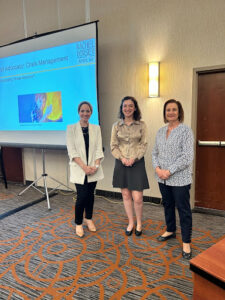
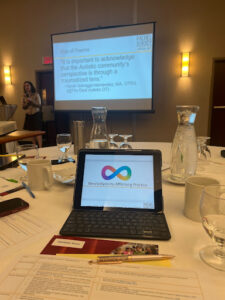
Rachel Dorsey, M.Sc, CCC-SLP, Autistic SLP
May, 19, 2023
This presentation will examine autism and therapy practices for Autistic clients through a nuanced lens that is both neurodiversity-affirming and clinician-affirming. Therapy practices will be examined regarding social communication, cognitive flexibility, emotional regulation, and self-advocacy in a range of settings targeting self-advocacy and regulation, and fostering meaningful social connections for Autistic students.
With the rise of Autistic advocacy reaching education and healthcare fields, SLPs are starting to shift their practice towards neurodiversity-affirming practice. However, SLPs are now faced with the task of integrating neurodiversity-affirming practices with the knowledge they’ve gained from their own education and clinical experience.
Unlocking Sentences: A method for teaching sentence-level reading comprehension
Bonnie Singer, Ph.D, CCC-SLP
April 2022
Problems with syntax are common in students who struggle with language. They need to know how sentences are built to understand what they read. Sentence comprehension is measurably influenced by working memory, and students with a variety of language and learning challenges present with working memory limitations. As such, these students are at high risk for academic difficulty in reading.
This workshop presents methods for teaching sentence-level comprehension that explicitly support working memory. We will cover four sentence types and four grammatical concepts, outlining new approaches for direct instruction and curriculum-based intervention. Applied practice with concepts presented will be provided.
Supporting Literacy and Academic Learning in Students with DLD in the Classroom
Lisa Archibald, Ph.D, SLP
January 2022
Developmental language disorder (DLD) is a spectrum disorder because it affects several related language skills with affected skills differing in severity and combination across individuals. About half of those with DLD can be expected to also have dyslexia, which refers to difficulties with accurate and/or fluent word reading. Broadly speaking, dyslexia and DLD can be considered to correspond to difficulties with the Simple View of Reading’s two components, word recognition and language comprehension, respectively. Children with DLD and dyslexia require explicit, systematic, intense, and targeted learning opportunities. In this talk, we will consider how to create the best language and literacy learning opportunities for these children in the classroom. The greater focus will be on evidence-based SLP-educator classroom collaboration for supporting children with DLD.
Meeting Students’ Reading, Writing and Spelling Challenges: It takes a team
Kenn Apel, Ph.D, CCC-SLP
March 2019
The success of students’ academic, vocational, and social endeavors often hinges on their reading, writing, and spelling abilities. This workshop will take an integrative look at how educators and specialists can provide instruction/intervention to improve students’ literacy skills. Understanding the spoken and linguistic awareness skills that support reading, writing, and spelling helps these professionals targe the specific needs of students who struggle in their literacy skills. The workshop will provide a review of reading , writing, and spelling development followed by specific guidelines and suggestions for assessment, instruction, and remediation.
Learn it Today – Use it Tomorrow! Practical Strategies to Improve Executive Function Skills
Sarah Ward, M.S. CCC-SLP
April 2018
This workshop provided a detailed understanding and foundation of the executive function skills for immediate use in home, school and clinical settings. Going beyond symptom management these skills are guaranteed to improve executive functioning for more independent and less stressful living. You will leave this seminar with an increased competency as well as many new tools for your tool box including client resources.

The theme of this year’s American Speech, Language and Hearing (ASHA) Annual Convention is “Igniting Innovation”. Please visit www.asha.org for detailed information.


Kenn Apel, Ph.D, CCC-SLP
March 2019
The success of students’ academic, vocational, and social endeavours often hinges on their reading, writing, and spelling abilities. This workshop will take an integrative look at how educators and specialists can provide instruction/intervention to improve students’ literacy skills. Understanding the spoken and linguistic awareness skills that support reading, writing, and spelling helps these professionals targe the specific needs of students who struggle in their literacy skills. The workshop will provide a review of reading , writing, and spelling development followed by specific guidelines and suggestions for assessment, instruction, and remediation.

Lisa Archibald, Ph.D, SLP
January 2022
Developmental language disorder (DLD) is a spectrum disorder because it affects several related language skills with affected skills differing in severity and combination across individuals. About half of those with DLD can be expected to also have dyslexia, which refers to difficulties with accurate and/or fluent word reading. Broadly speaking, dyslexia and DLD can be considered to correspond to difficulties with the Simple View of Reading’s two components, word recognition and language comprehension, respectively. Children with DLD and dyslexia require explicit, systematic, intense, and targeted learning opportunities. In this talk, we will consider how to create the best language and literacy learning opportunities for these children in the classroom. The greater focus will be on evidence-based SLP-educator classroom collaboration for supporting children with DLD.

Bonnie Singer, Ph.D, CCC-SLP
April 2022
Problems with syntax are common in students who struggle with language. They need to know how sentences are built to understand what they read. Sentence comprehension is measurably influenced by working memory, and students with a variety of language and learning challenges present with working memory limitations. As such, these students are at high risk for academic difficulty in reading.
This workshop presents methods for teaching sentence-level comprehension that explicitly support working memory. We will cover four sentence types and four grammatical concepts, outlining new approaches for direct instruction and curriculum-based intervention. Applied practice with concepts presented will be provided.
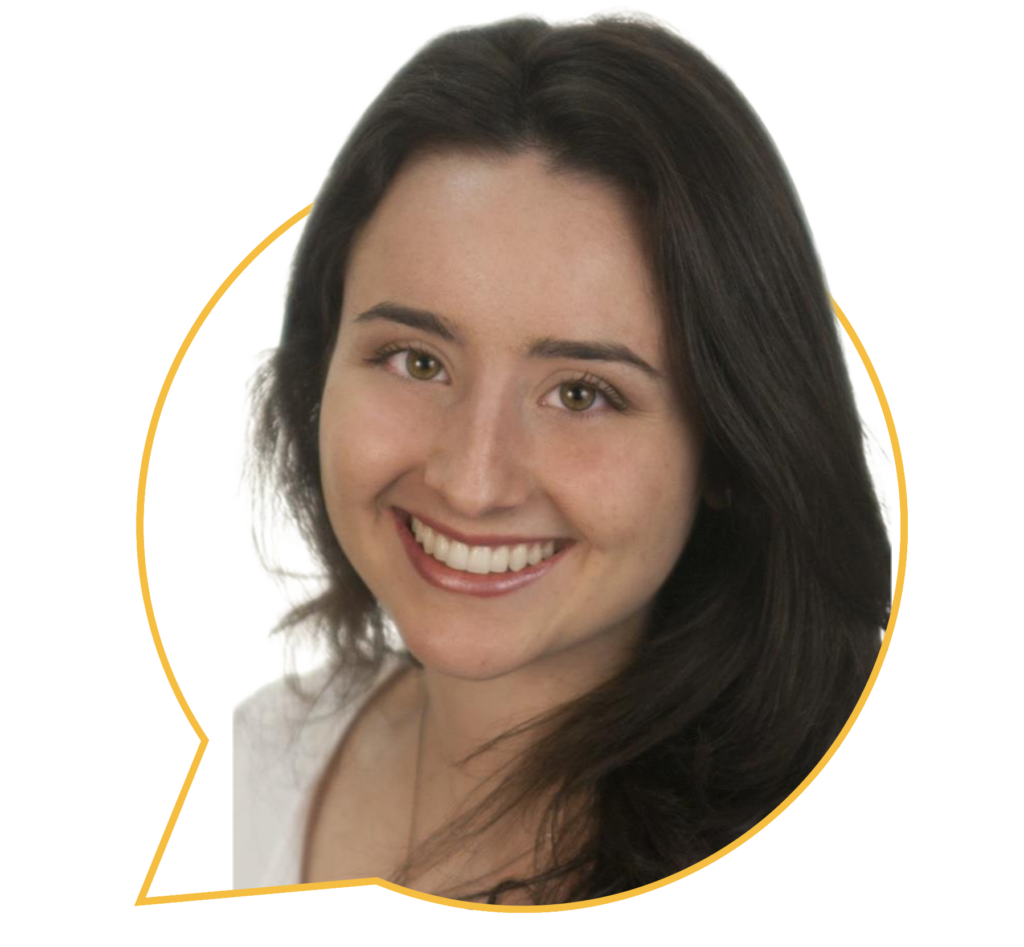
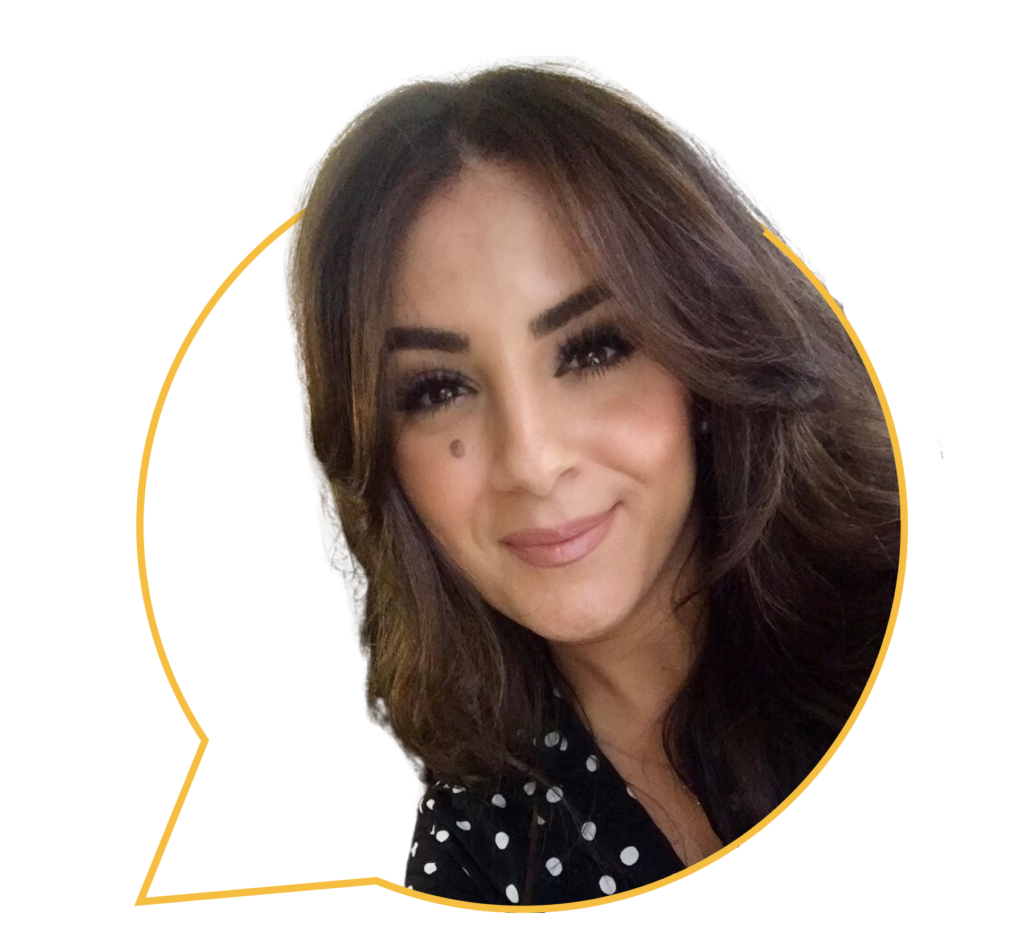
Amanda Hajaly is a speech and language pathologist and a certified member of the Ordre des Orthophonistes et des Audiologistes du Québec (OOAQ). Her undergraduate studies were completed at Concordia University where she obtained two bachelor of arts degrees in Honours Linguistics and in Psychology. She then earned her master’s in Health Sciences, specializing in Speech-Language Pathology, at the University of Ottawa. She is a bilingual (French/English) speech therapist at the English Montreal School Board. She continues to develop her expertise as one of the team members for the Centre of Excellence for Speech and Language Development.
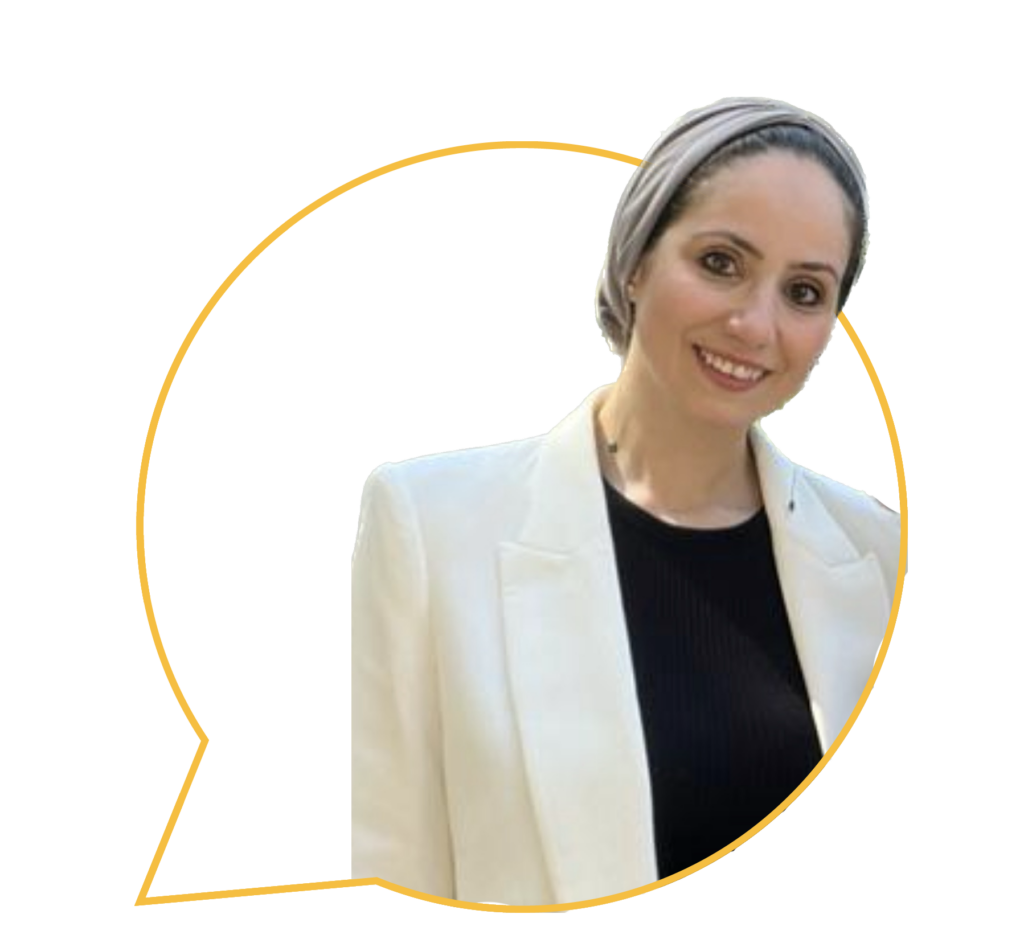
Razan Khobieh is a Speech-Language Pathologist at the English Montréal School Board. She has over 14 years of experience working in various settings and with diverse populations. She has earned her undergraduate degree in Honours Linguistics and a minor in Education at Concordia University, while her graduate degree in Communication Disorders was completed at McGill University. Razan is a certified member of the Ordre des Orthophonistes et Audiologistes du Québec (OOAQ). She is also certified in Hanen Parent Training Program, Lexercise (Structured Literacy) , and Lidcombe (Stuttering Program). Razan is one of the coordinators for the Centre of Excellence for Speech and Language Development.

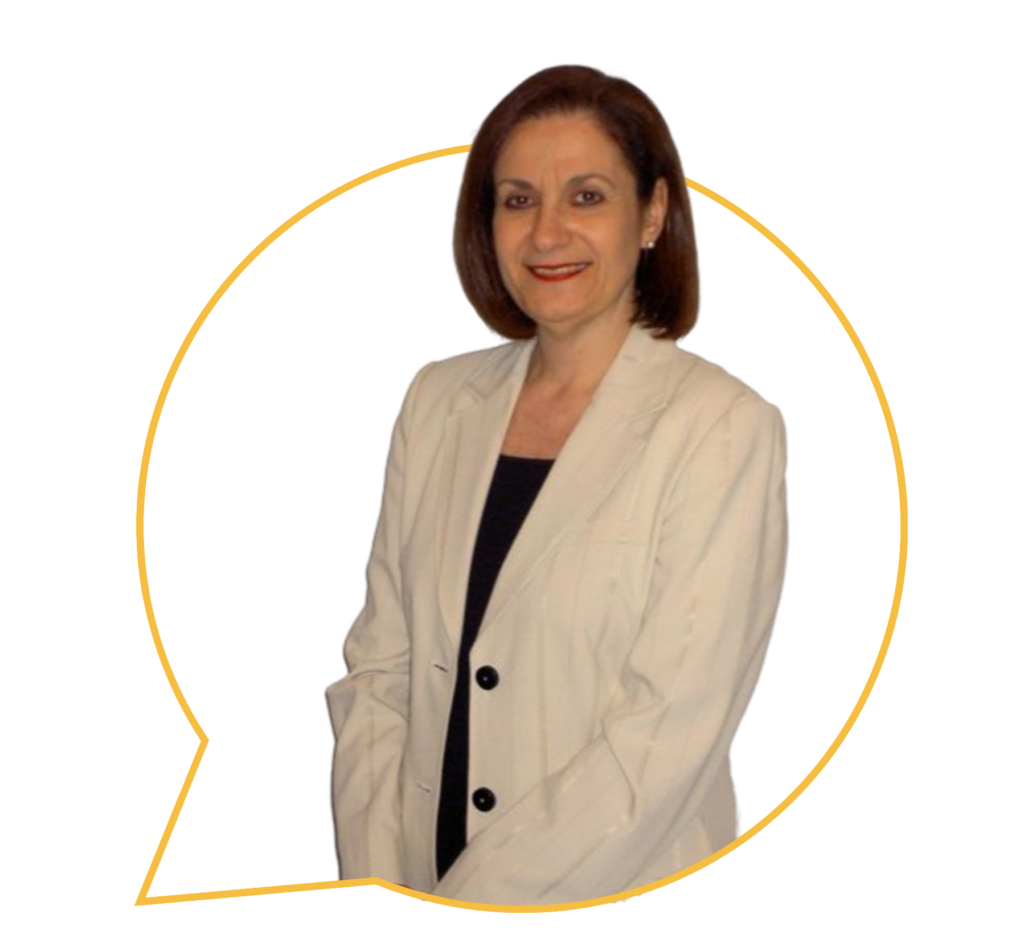
Carol Jazzar has been a speech-language pathologist working in various educational settings for more than 35 years. She is presently a speech-language pathologist at the English Montreal School Board. Her undergraduate degree was earned at McGill University in the areas of Developmental Psychology and Linguistics, while her graduate degree in Communication Disorders (Speech-Language Pathology) was earned at Boston University. Carol has been a coordinator of the Centre of Excellence for Speech and Language Development since 2001.